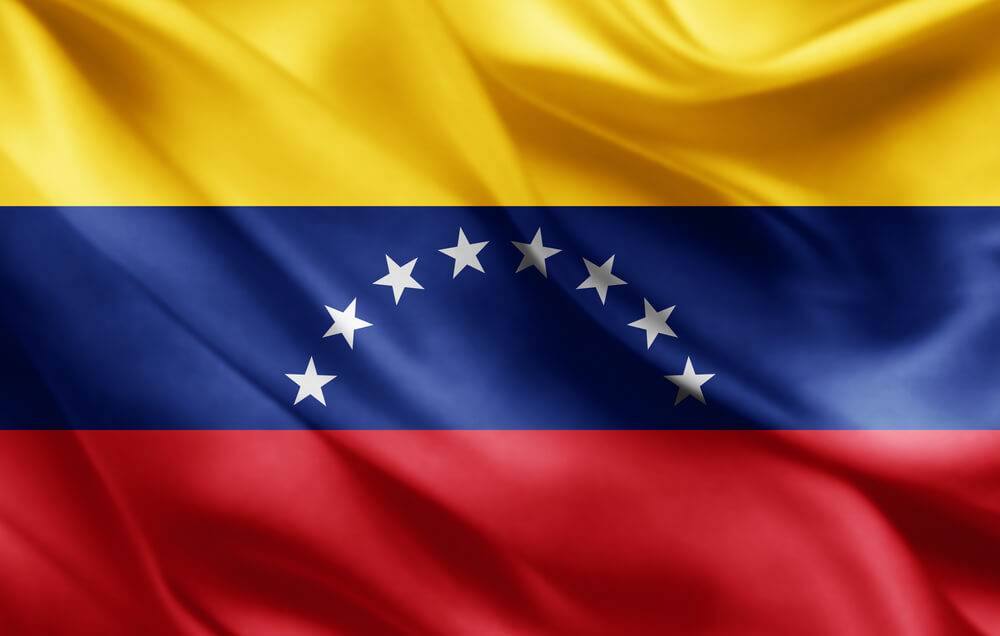Venezuela has had something of a controversial history with cryptocurrencies. While the digital assets have grown in popularity over the years, they have come with their fair share of problems.
Venezuela and Its Dealings with Crypto
Bitcoin, for example, has become increasingly popular since the fall of the nation’s currency the bolivar. Inflation is at its highest point, and many within Venezuela find themselves struggling to purchase most necessities, such as clothing and food for their children. Supermarket shelves are practically bare, and many have resorted to attacking zoo animals to put meat on their tables.
Attempting to thwart the growing poverty, the country has issued its own national cryptocurrency called the Petro. Making its official debut in early 2018, the currency allegedly earned nearly a billion dollars from its initial coin offering (ICO), though these claims have come with a few raised eyebrows.
Perhaps the most questionable statement comes in the form of the Petro being backed by the nation’s many oil supplies. Some sources say this is not true, as there is no mention of this in the Petro’s whitepaper.
There have been so many controversies surrounding the Petro that U.S. President Donald Trump ultimately banned all Petro trading last year, warning that all who dealt in it were likely to face legal consequences.
Still, President Maduro of Venezuela continues to push the Petro, and even introduced a plan that would ensure all working men and women in the country would receive their paychecks not in the doomed bolivar, but in the ever-growing Petro.
For the most part, however, the Petro has seriously failed to catch on, and many in Venezuela are still resorting to bitcoin and other cryptocurrencies to earn their place in society and garner what they need. This hasn’t always gone over well with government authorities, and some bitcoin miners allege they’ve been attacked and threatened by police and financial regulators in Venezuela who seek to shut them down.
One such miner goes by the name of Juan Blanco, who recently took to social media to tell his followers that the Venezuelan government has used what he calls “intimidation tactics” repeatedly to close his operation. Many times, they have allegedly tried to make off with his mining equipment. In addition, he says that they have even tried to steal his earnings.
Age-Old Intimidation
While bitcoin mining is legal in Venezuela, the practice comes with some rather heavy restrictions. Blanco says that authorities ultimately warned him as there was a serious lack of invoices for his company and that his company wasn’t properly registered – something that appears to be a serious problem in Venezuela given the rigid laws surrounding the registration process.
Blanco says he’s worried that such tactics mark just the “beginning” of a what’s to be a period of long and heavy harassment.





